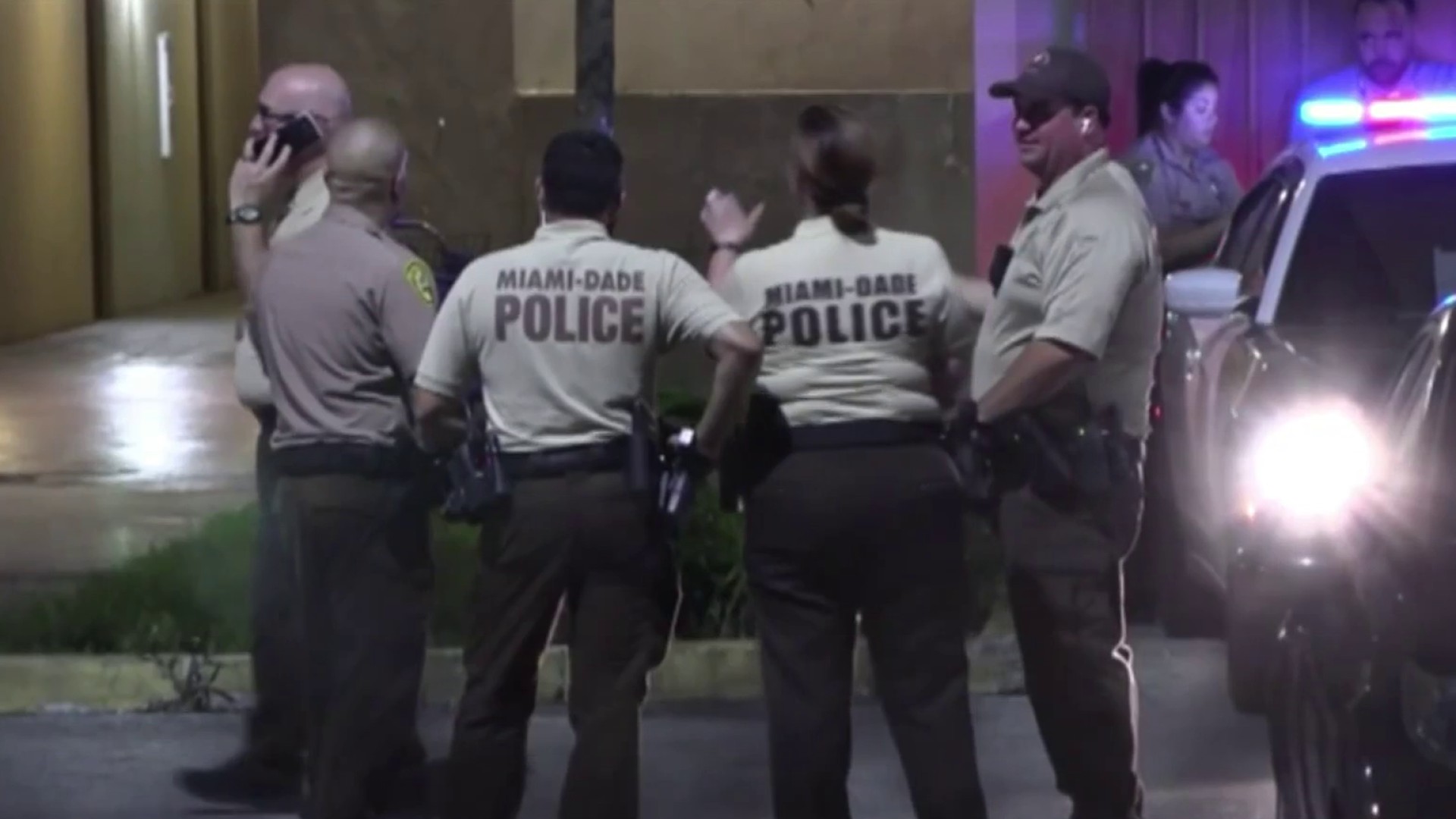Coronavirus cases are on the rise in Florida once again, but hospital executives say this time is different.
The CEOs of hospitals in the Jackson, Tenet and Memorial healthcare systems shared their assessment during a Zoom meeting arranged Friday by the Greater North Miami Beach Chamber of Commerce.
All cautioned the community must continue masking and distancing from others, but they are hopeful the expected increase in cases over the next few weeks will not strain hospitals as critically as did the summer surge.
"The curve isn’t moving the same way the curve did on the last wave," said Mark Racicot, CEO of North Shore Medical Center.
Consider: over the seven days ending Thursday, the state averaged more than 7,200 new cases a day -- a 200 percent increase over six weeks.
But the last time a rising curve crossed 7,200 cases a day -- July 3 -- it had taken only two weeks to rise 200 percent.
So the curve was rising three times faster going into July than it is currently.
Local
Back in June, "people were out and about and we saw a pretty significant spike sometime in July," said Tony Gomez, CEO of Jackson North Medical center. "We had nearly 500 COVID positive patents throughout our hospitals" back then.
Today, it’s 124 at all Jackson hospitals and holding steady for about a week, Gomez said.
The peak for five Tenet hospitals, including North Shore Medical Center, was 406 patients on July, Racicot said. Today, it’s 99.
All is well at Memorial hospitals, too, said Peter Powers, CEO of Memorial Regional Hospital. But he said models predict the next wave of patients will peak around Christmas.
"Numbers have remained relatively stable," Powers said. "We have not seen big spikes yet. I will say that the models and forecasts of the positivity rates in the area do not look promising, so we have to do everything that we possibly can to slow that down."
For those who do get sick, the hospital execs say mortality rates lately been much lower.
"We’ve learned so, so much since the beginning of this thing in terms of, therapeutics, that we can use non-pharmaceutical treatments that are being deployed," Racicot said.
But all agree, the best advice for battling COVID is not to get it in the first place.



